Nothing (except, perhaps, Anne Wojcicki) Comes Between Me and My Genes
 Tuesday, December 4, 2012 at 9:41AM
Tuesday, December 4, 2012 at 9:41AM If Anne Wojcicki has her way, all of us will one day soon carry the details of our genome on our iPads. With a financial assist from her husband, Google co-founder Sergey Brin, Wojcicki has built a company, 23andMe, that can analyze people's DNA SNPs (not the whole genome, but many of the important bits that differ from the "norm" and make us distinct as well as susceptible to certain diseases) for an absurdly affordable $99. If she really gets her way, all of us will be helping to cure our own diseases. Anne Wojcici, medical suffragette, co-founder of 23andMe.
Anne Wojcici, medical suffragette, co-founder of 23andMe.
One of the perks of having a joint checking account with a Google founder is you can gain access to an Illumina OmniExpress Plus Genotyping BeadChip--a top-of-the-line SNP genotyping device that determines variations in genetic sequences and is normally found in university research labs and biotech companies. Wojcicki (pronounced woh-jit-skee) is making the Illumina BeadChip's powers of analysis available to the general public, and she's hired super-smart scientists to program her nifty little machine to ask questions she's interested in; for example, about the gene patterns associated with Parkinson's Disease, which runs strongly in her husband's family.
Wojcicki (who holds a B.S. in biology from Yale and is the daughter of a Stanford physics professor) is a disruptor, with a big idea that will probably seem quite obvious in a couple of decades. In her vision, rather than guessing what disease tendencies are hidden in our 23 pairs of chromosomes (hence the company name), we will know for sure--and benefit from ongoing research into causes and prevention. The idea is that knowing your genetic weaknesses will help you figure out how to overcome them. The pro basketball player Muggsy Bogues (whose height at 5'3" is practically a disease in the NBA) is the 23andMe mascot for beating genetic odds. Equally as important, because research is constantly yielding new insights into genetic variations in drug metabolism (from chemotherapy to blood thinners), knowing the details of one's genome will help doctors target drugs and tailor dosages to fit one's genetic blueprint.
Talk about empowering patients! Wojcicki is a medical suffragette--she wants us all to participate in determining our medical destinies.
Key to this vision is using the data collected to conduct medical research. Wojcicki intends to use the growing 23andMe customer SNP data base (the company is even taking steps toward whole-genome sequencing) to look for genetic underpinnings to disease. It's such a seductive idea. Whereas the typical university medical researcher has to work hard to recruit subjects and collect data, 23andMe gets its 180,000 customers to pay to have their genome analyzed, and the company keeps the data. Then scientists can work round the clock (fueled by Google and other investor cash) to analyze the data and look for patterns. Wojcicki and Brin, hoping to find a cure for Parkinson's. Having slashed the price of analysis from $299 to $99 the company aims to grow its user base to 1 million people by the end of 2013, which would siginificantly increase the power of its data.
Wojcicki and Brin, hoping to find a cure for Parkinson's. Having slashed the price of analysis from $299 to $99 the company aims to grow its user base to 1 million people by the end of 2013, which would siginificantly increase the power of its data.
Achieving medical breakthroughs will require more than just a DNA database. Besides lending spit to her enterprise (the DNA comes from microscopic bits of cheek suspended in spit and amplified in the lab to be more easily analyzed), Wojcicki also needs customers to fill out surveys. And customers have obliged, providing a whopping one million survey answers per week, according to the latest company data.
The surveys are the best way her team can know what actually has been expressed by an individual's DNA code, making her database actionable. In one peer reviewed study, 23andMe scientists were able to show they replicated over 180 genetic associations with self-reported medical data, proving the system worked. Even more intriguing, 23andMe customers are "recontactable," they are in a dialogue with the company, diligently answering questions--which is difficult to accomplish with conventional medical research and practice.
 Rupert Murdoch, Barry Diller, Anne Wojcicki and Diane von Furstenburg at a DNA sample party in New York in 2008.To help drill down into the diseases associated with the mighty mountain of gene variations sitting in Wojcicki's database, 23andMe is developing partnerships with various disease advocacy groups as well as research power-houses like the National Institute of Health. One very high-profile relationship is with the Michael J. Fox Foundation for Parkinson's Research, to which Wojcicki and Brin gave almost $62 million last year (half of which is earmarked for, guess what, research into SNPs.) 23andMe has over 9,300 Parkinson's patients in its database, an unusually large research cohort by any measure. It certainly represents one of the largest Parkinson's gene databases in the world.
Rupert Murdoch, Barry Diller, Anne Wojcicki and Diane von Furstenburg at a DNA sample party in New York in 2008.To help drill down into the diseases associated with the mighty mountain of gene variations sitting in Wojcicki's database, 23andMe is developing partnerships with various disease advocacy groups as well as research power-houses like the National Institute of Health. One very high-profile relationship is with the Michael J. Fox Foundation for Parkinson's Research, to which Wojcicki and Brin gave almost $62 million last year (half of which is earmarked for, guess what, research into SNPs.) 23andMe has over 9,300 Parkinson's patients in its database, an unusually large research cohort by any measure. It certainly represents one of the largest Parkinson's gene databases in the world.
Recently, 23andMe won a patent on one particular method of predicting susceptibility to Parkinson's Disease -- which caused a kurfluffle among customers and legal experts who question the ethics (and legality) of profiting from customers' personal genetic information. Predictably, customers sign a terms of service and research consent document when they send in their spit stating they will not profit from any research breakthroughs that result from their personal genomics data.
While the company certainly has the potential to benefit the greater good, it is a for-profit enterprise and it always has been. The presence of Andy Page, president of luxury shopping mega-site Gilt Group, on the 23andMe board should leave no question as to Wojcicki's intent to build a profitable corporate entity. Indeed, moving genomic medicine into the private sector is the point of 23andMe; for crowd-sourced research to work, the company (which has yet to turn a profit) has to be financially self-sustaining--otherwise the agenda will be hijacked by the usual suspects, big pharma and academic medicine.
 A Cure Together graph comparing member Migrain treatment patterns.Wojcicki's hunt for more disease-rich gene pools to mine for data has lead her to acquire the website Cure Together, another medical crowd-sourcing startup, founded in 2008 with the idea of helping people with chronic conditions connect with each other and compare notes. The site quickly grew into a research resource with over 25,000 members sharing over four million data points on 576 medical conditions. For data geeks, Cure Together is graphics heaven with hundreds of charts representing the answers its members have given to questions like, "What symptoms have you had?" or "What treatments have you had [rate for effectiveness]?"
A Cure Together graph comparing member Migrain treatment patterns.Wojcicki's hunt for more disease-rich gene pools to mine for data has lead her to acquire the website Cure Together, another medical crowd-sourcing startup, founded in 2008 with the idea of helping people with chronic conditions connect with each other and compare notes. The site quickly grew into a research resource with over 25,000 members sharing over four million data points on 576 medical conditions. For data geeks, Cure Together is graphics heaven with hundreds of charts representing the answers its members have given to questions like, "What symptoms have you had?" or "What treatments have you had [rate for effectiveness]?"
From a patient point of view it can be satisfying to fill out the surveys and see where you fit into the community of people with similar problems. Even more exciting is the potential to effect change. Consider, for example, low-dose naltrexone (LDN), the treatment reported as most effective by the Crohn's Disease community on Cure Together. An opiate blocker used to treat heroin addiction, LDN is not approved for treatment of Crohn's by the F.D.A. and it has not been embraced by gastroenterologists. But it has an active grass roots movement in the patient community for the very reason that it's on the top of the Cure Together chart--people say it makes them feel better.
Using the Cure Together crowd-sourced model to conduct research represents an unprecedented chance to sidestep the medical gate keepers who all too often are dismissive of new ideas and impede the flow of information by placing allegiance to academic silos above all else. In that sense, it perfectly aligns with the goals of 23andMe.
The potential problem with crowd-sourcing, though, is that social conversations can be hijacked. People with a bias are often the ones who go to the trouble to make their thoughts known on the web. The Crohn's treatment underground (that guides people on procuring LDN) is very active and organized; word of a site like Cure Together spreads quickly through a sub-culture of people desperately seeking relief from an agonizing disease.
In reality, the data Cure Together is presenting about Crohn's treatments does not represent actual treatments used by the 1.4 million people with Crohn's in the U.S. It simply represents the treatments used by the 231 people with Crohn's who happened to find their way to the site. Conventional medical research tends to adjust for confounding variables in a study cohort that make it difficult to single out one aspect of a complex disease and treatment matrix. Cure Together by its nature represents unconfirmed statements of health improvement, without the jaundiced eye of peer-reviewed vetting that can tease out what besides the treatment discussed might have also contributed--or taken away from--a treatment's effectiveness.
That is not to say that crowd-sourced research is a bad idea. It's a direct way of delineating a research agenda without the reductionist approach of the medical establishment. Too often conventional research fails to take into account the totality of practices that may contribute to healing. Cure Together and 23andMe are research platforms that reflect what people think, feel and experience of health and illness coupled with the power of genetic data. Perhaps they will undermine the reign of the peer-reviewed controlled prospective study, and represent a historical shift of power. Like a good suffragette, Wojcicki is giving a voice (and personal genomes) to the underrepresented--which in medicine is the patient.
Crowd-sourcing is at the very least likely to become an important adjunct to conventional medical research. Having a personal genome report may become a requirement one day. Either way, Anne Wojcicki is one of the first to the table. She also married one of the most eligible bachelors in Silicon Valley--this is a woman who knows how to get what she wants.
Here, Anne Wojcicki's recent talk: "Crowd-Sourced Research: Better, Faster, Cheaper."
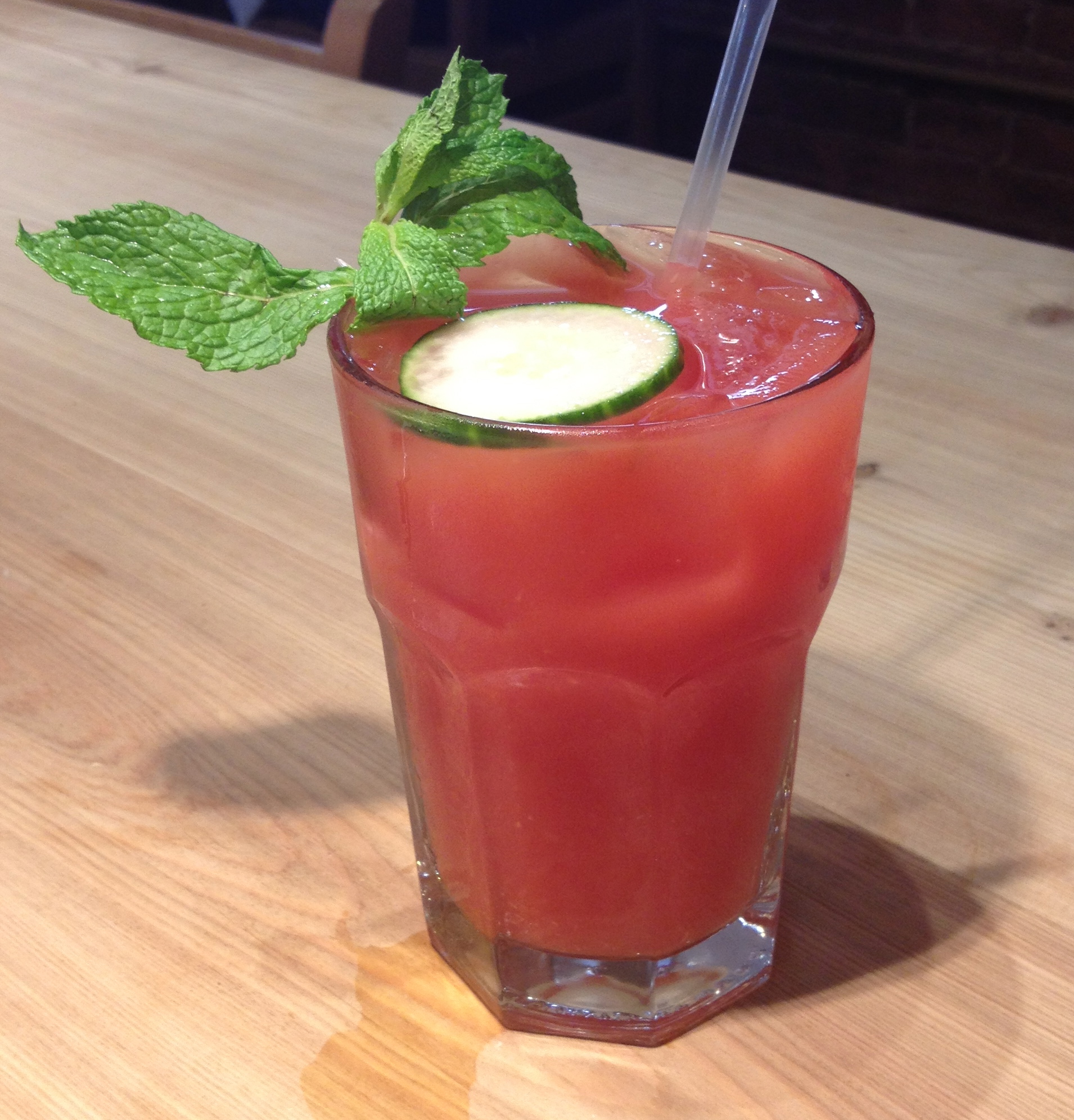




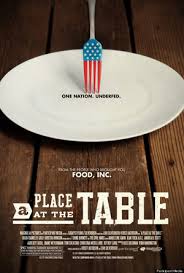
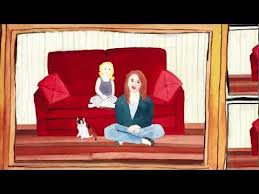

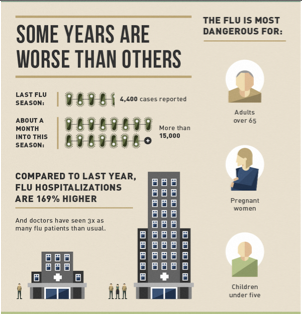

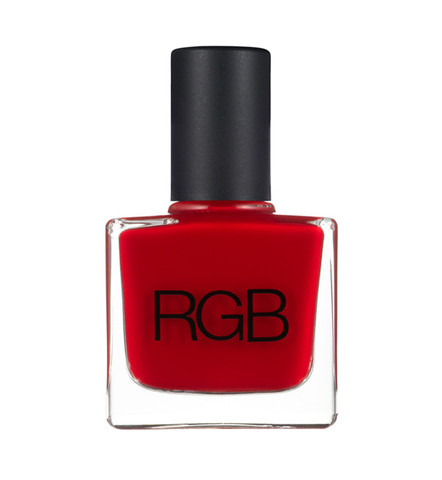
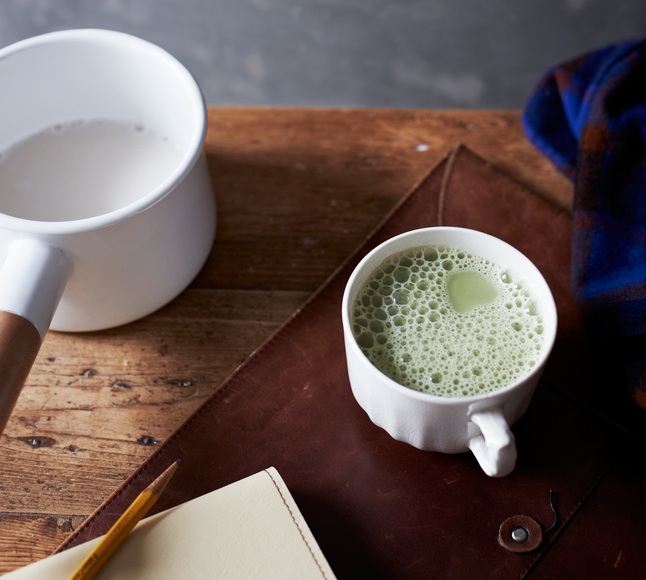

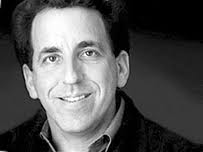
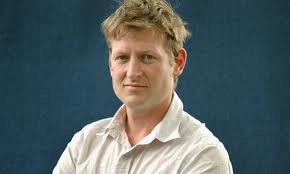
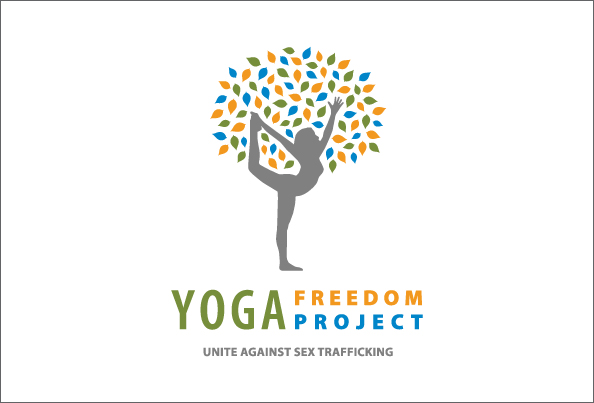

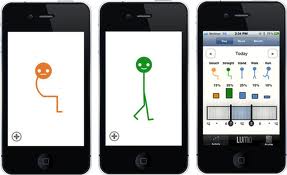
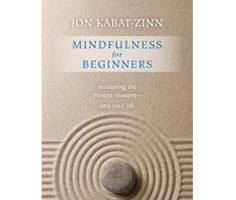
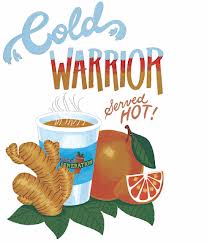


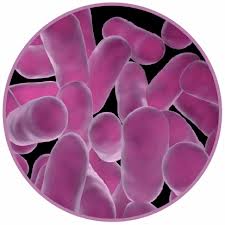
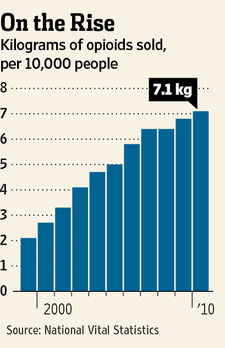
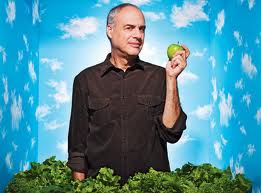

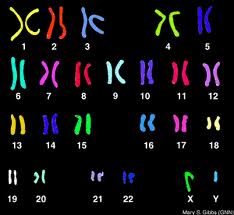
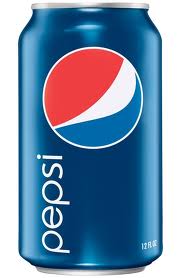

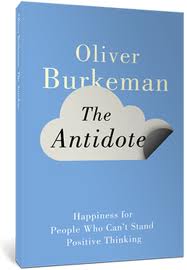
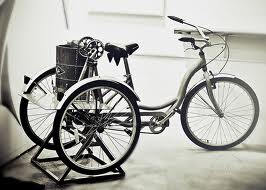

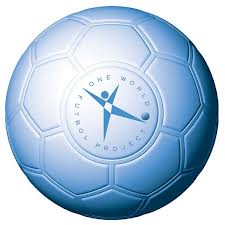

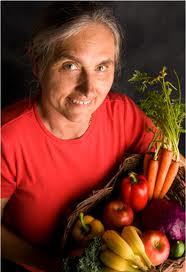


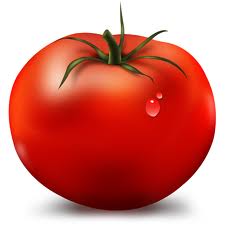
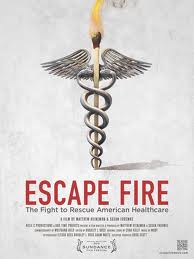



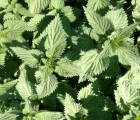

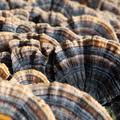

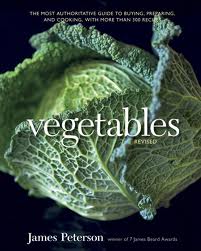



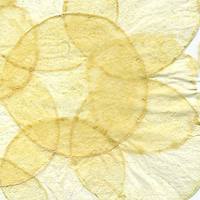
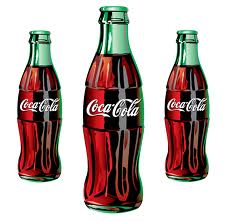



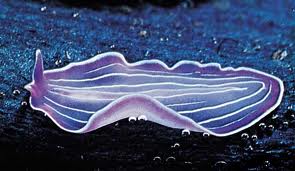
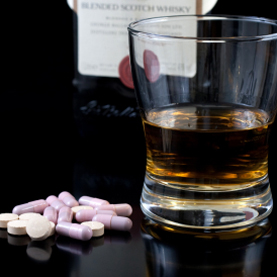
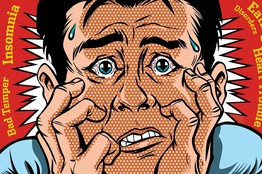


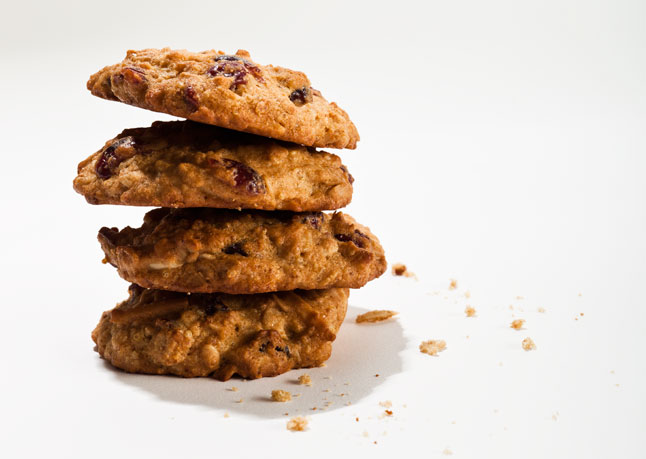
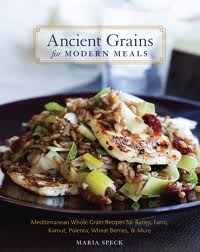
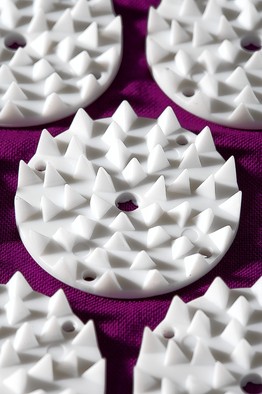
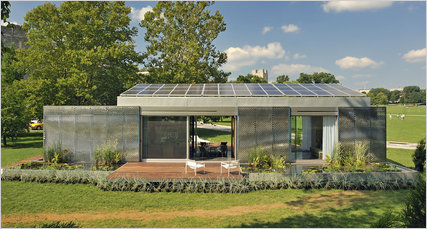

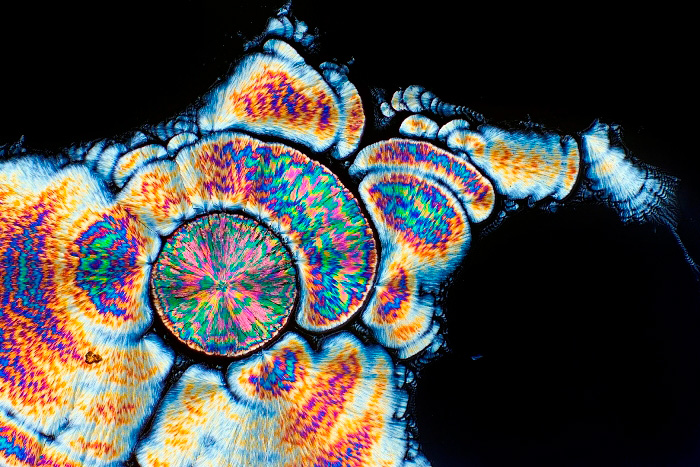
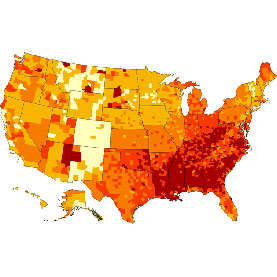
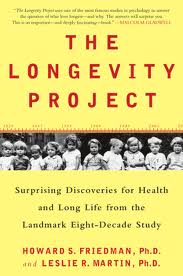

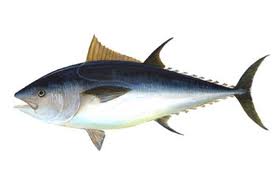
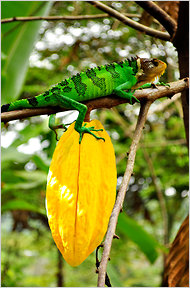
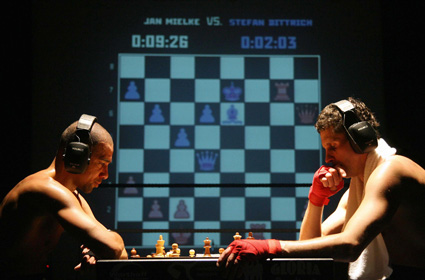

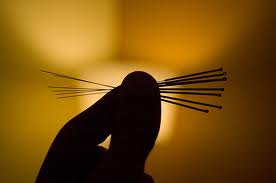

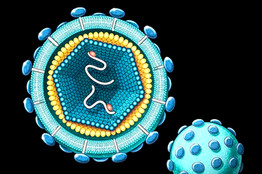

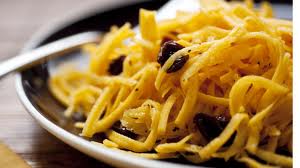

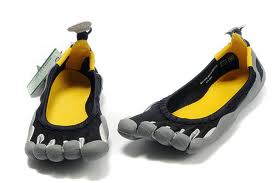

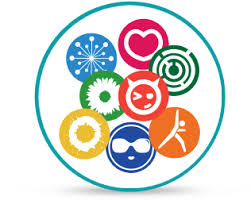


Reader Comments